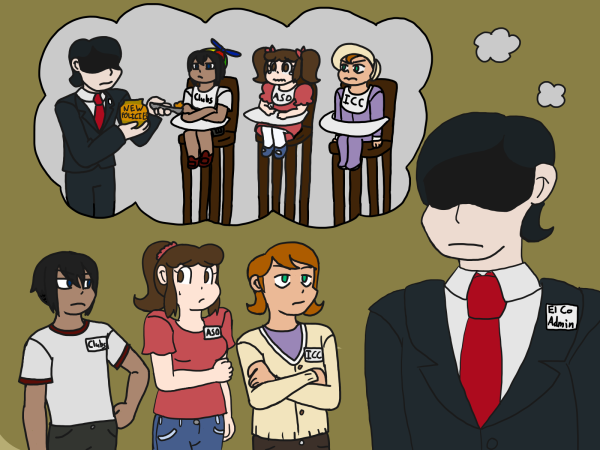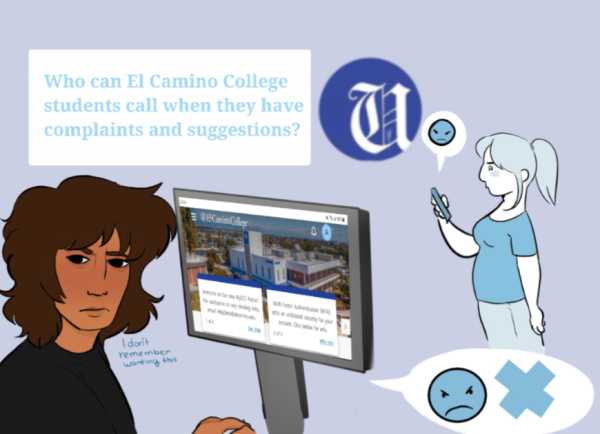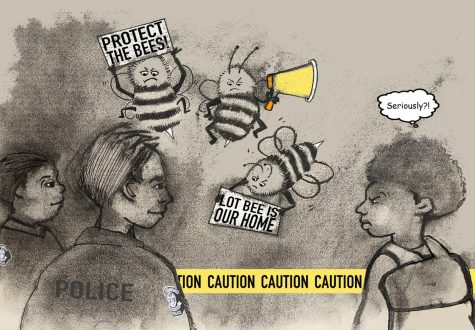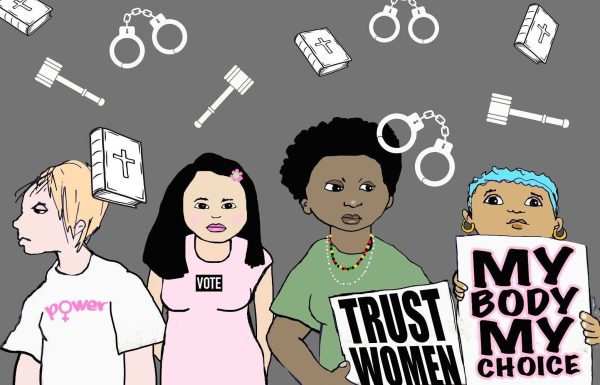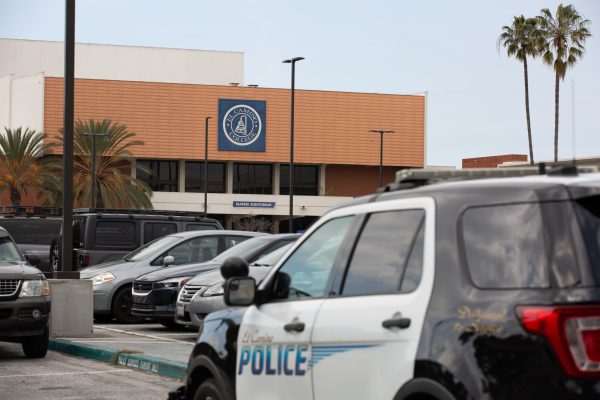Can junk food be banned? YES
In order to help reduce the effects unhealthy diets have on school children, the government needs to take charge and educate children on the importance of a balanced diet by providing schools food that is healthy and appealing.
According to the American Academy of Family Physicians, obesity is a rising epidemic in the United States that affects 23 to 30 percent of American children.
In a survey from the Grocery Manufacturers Association, 89 percent of Americans believe that obesity is the result of a person’s lack of responsibility for what they eat.
However, it is noteworthy to state that medical professionals believe that there are three primary factors that cause obesity, not just lack of self-control.
These factors are a person’s genetics, environmental exposure to an energy-rich food supply combined with a tendency of low physical activity, and personal behavior.
Unfortunately for American children, budget cuts have reduced some of the physical education classes that have traditionally been mandatory.
Furthermore, some of these children’s daily diets begin with sugar-loaded cereals, continue with greasy school pizza and may end with a high calorie dinner at McDonald’s.
Although genetics cannot be helped, children’s diets can be improved by exposing them to healthier food options during their lunch break at school.
Given that children spend an average of six hours a day at school, according to a national study done by the Arizona State University, it should be at these learning institutions that children should be taught the importance of a healthy diet.
More appealing salad bars, fruits and grains should be incorporated to the food offered in cafeterias and in this way encourage them to eat these healthy foods and reduce the likelihood of obesity among children.
The banning of soda vending machines in schools throughout the Los Angeles Unified School District, proves that the government is aware of the low nutritional value in chocolate bars and potato chips.
However, vending machines provide revenues for schools. In some cases, these vendors help sponsor some of the more popular activities, such as sports, that schools offer to their students.
Despite the much needed funds these vending machines offer, schools should not risk students’ health to pay for extra-curricular activities.
Although some may consider this to be an encroachment of personal rights, it should be noted that it is not mandatory that a school participate in the national school lunch program.
However, schools that do opt to participate, and therefore receive federal funding, should be required to offer healthy and appealing foods.
The National Institutes of Health estimates that $440 million will be spent on obesity this year.
The national budget deficit may benefit if some of this money could be saved in the future if we spend it now teaching children the importance of a healthy diet.
If the government uses preventive care, such as healthier food options at school cafeterias, children may develop better eating habits and grow up to be healthy Americans.
Although regulating the food available at public schools may remind some of the Big Brother figure described in George Orwell’s “1984” the truth is that 300,000 Americans die each year due to causes linked to obesity and something must be done about it.
For parents who may object to the government’s regulation of public school food, they still have the option of providing homemade lunches composed of junk food made up of empty calories to their children.
Unhealthy eating habits among many American school children are something that the government can help reduce through healthier alternatives to junk food since the parents have not.
Government regulation of food provided to children in schools across America is not an infringement on personal rights; it is a solution to an epidemic that has killed many Americans and threatens the lives of many others.


